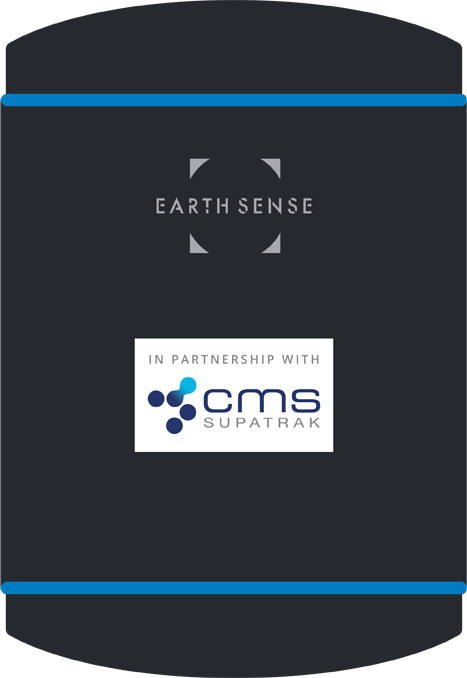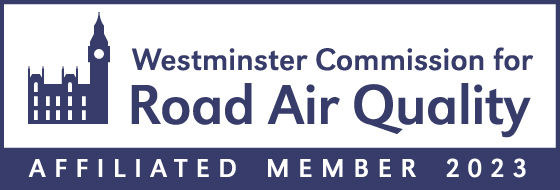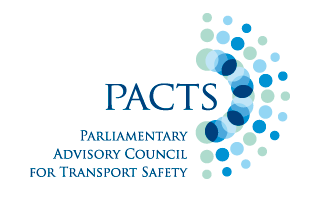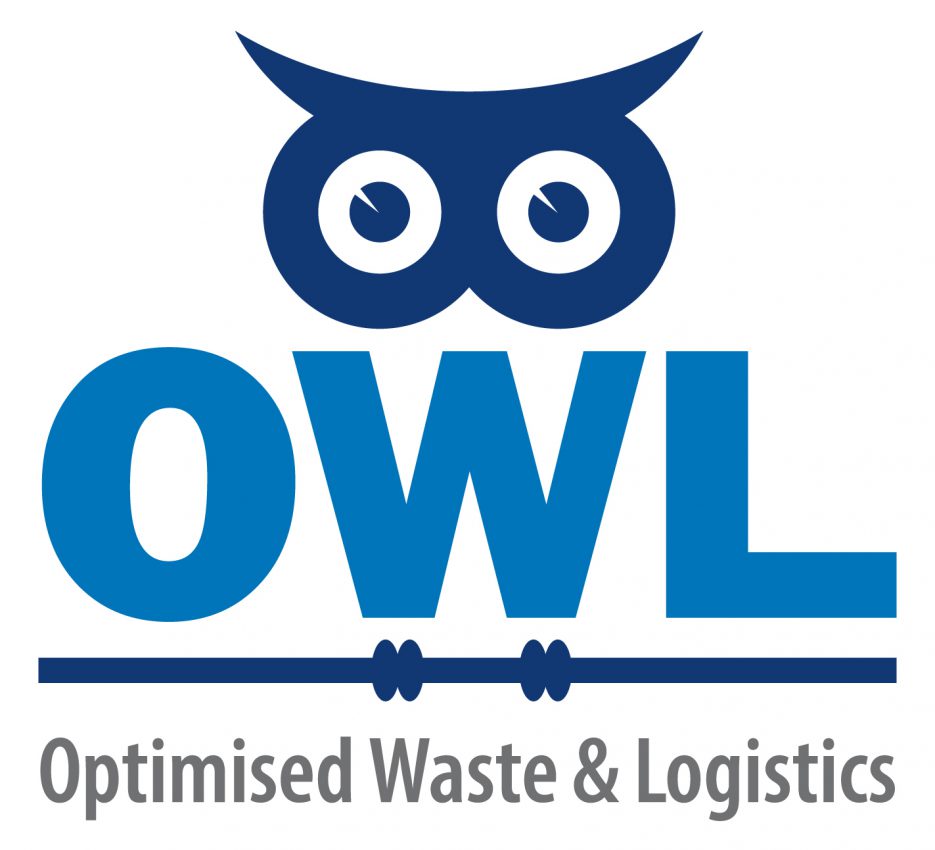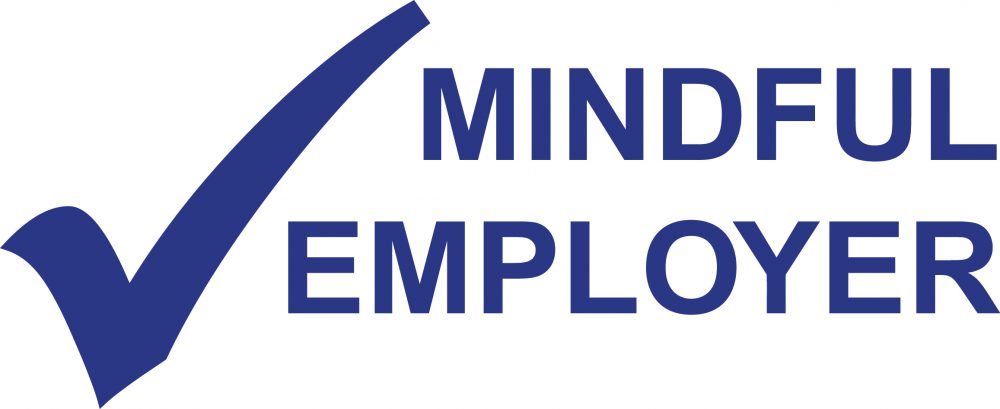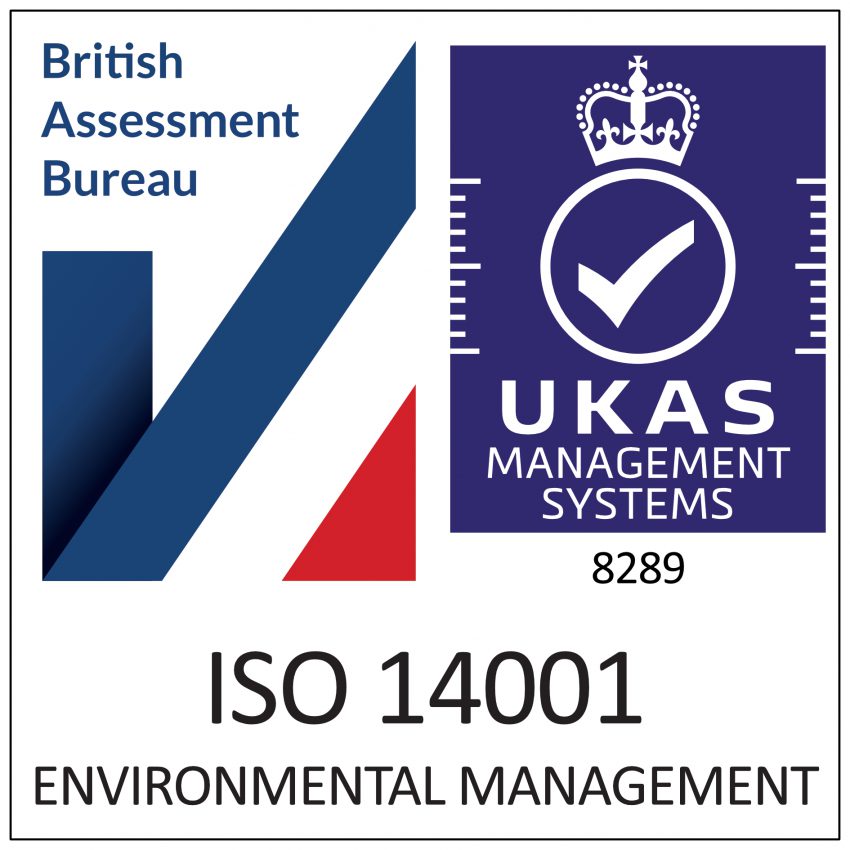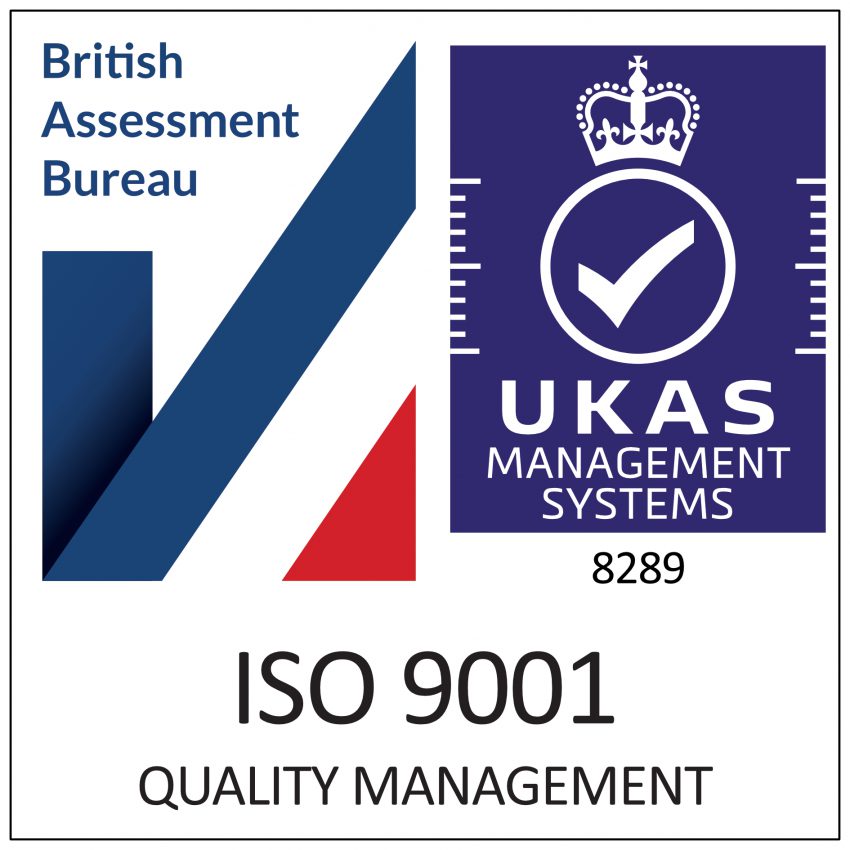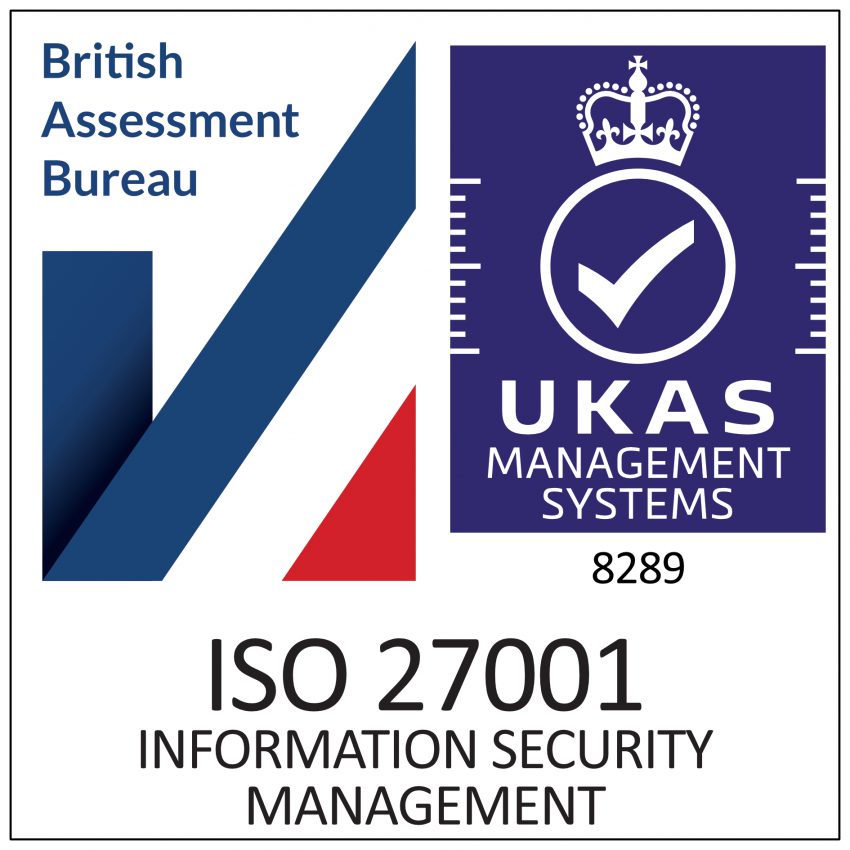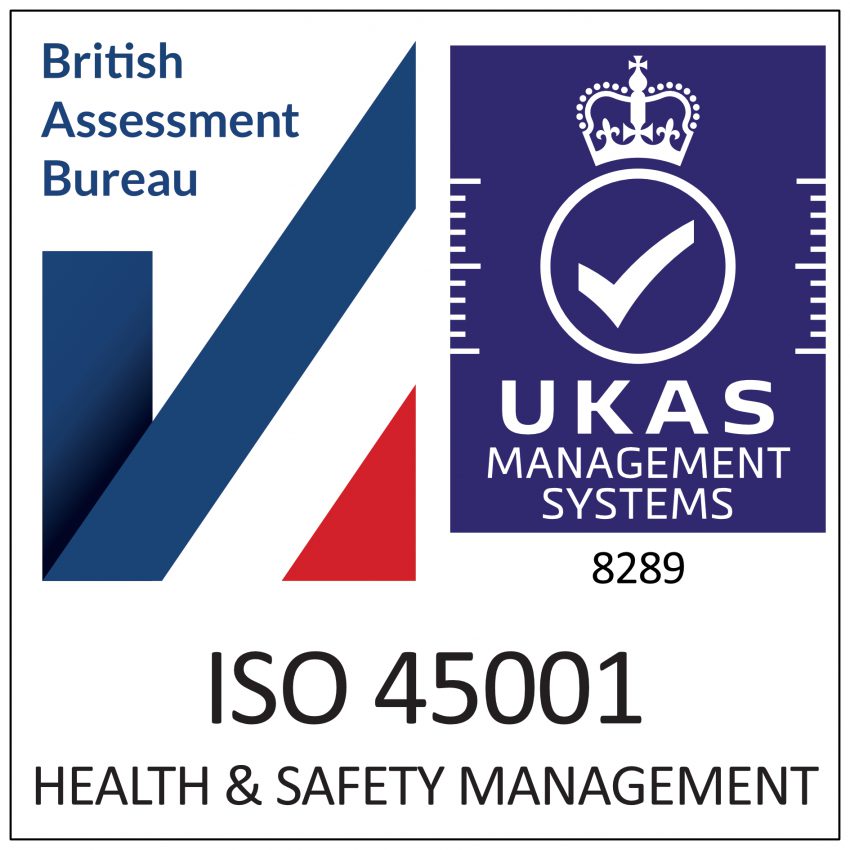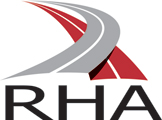The topic of global air pollution is now hitting the media headlines almost every day. At the start of 2019 a UK child’s fatal asthma attack was directly linked to air pollution and April 19 saw the introduction of London’s new Ultra Low Emission Zone. With other cities expected to follow suit in the future it’s inevitable that air quality is now rapidly rising up the Government’s agenda.
Shockingly the World Health Organisation estimate that around a million UK citizens will die from air pollution related disease by 2040 if existing Government policies are followed. It’s clear then that stronger Government policies, and more stringent monitoring, is inevitable.
At CMS we have a track-record of developing systems to help our customers stay one-step ahead so we have now partnered with EarthSense, a leading air quality measuring specialist, to create a mobile air monitoring system that fixes onto municipal vehicles and identifies areas of high pollution.
Unlike static monitoring systems the CMS air monitoring system is able to sample air quality every 10 seconds and being fixed to a vehicle can provide measurements across a large geographical area every day. Working closely with our waste sector customers we are installing these monitors on waste collection vehicles – which are ideal measurement platforms as they visit every residential property every two weeks.
Dennis Eagle have fitted the mobile device to their demonstration refuse collection vehicle and also involved in the ground-breaking project is the City of London Corporation who run a fleet of around 150 cleansing and waste collection vehicles. Vince Dignam is their Business Performance & Transport Manager. Vince said: “Our first objective is to calibrate the mobile air monitors with our static monitoring systems and then start to collect mobile air quality data with our vehicles. We will collect data on Euro 5, Euro 6 and our EV vehicles to help us better understand the impact on air quality of these different vehicle types.”
This year OWL (the Optimised Waste & Logistics initiative that we manage on behalf of the OWL Partners), has added air pollution monitoring to its agenda. OWL’s Chairman, Barry Sheerman MP, believes it is vital to develop an integrated approach to air quality, transport safety and sustainability. “The first step to demonstrable improvements is robust monitoring and good data”, said Barry, who is also the Chairman of the Leadership Council of the Global Network for Road Safety Legislators and the Chairman of the UK’s Parliamentary Advisory Council for Transport Safety.
“Multi-purposing commercial fleet vehicles to measure key environmental parameters in addition to their traditional roles, such as refuse collection, will set an important standard in the world of transport and logistics.”
If you would like to find out more about the Clean Air Project contact us now.
